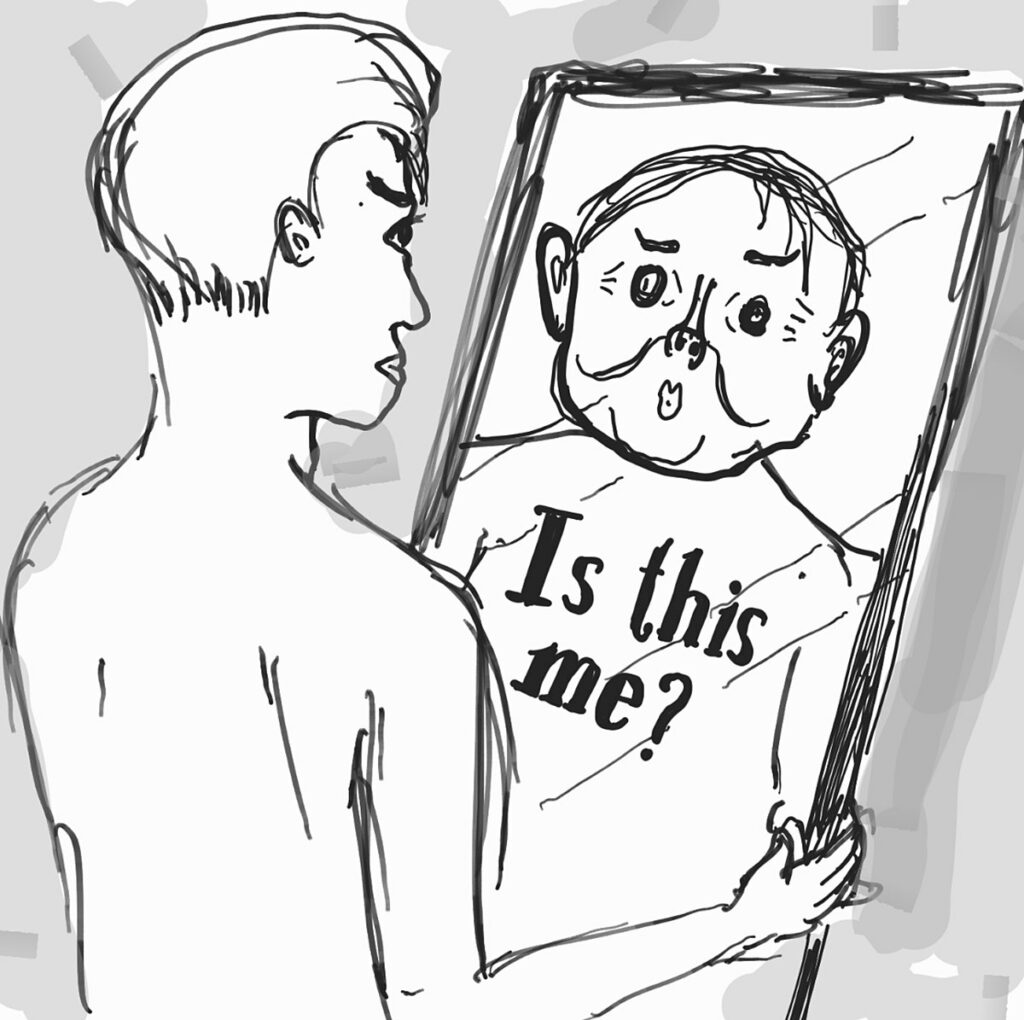Dysmorphia is a mental health disorder that causes people to see themselves negatively. People with this condition will often fixate on one or more particular features (s) of their bodies. They may think that their body or facial features are abnormal when in reality they are not. This can lead to a lot of distress and anxiety. In this blog post, we will discuss the symptoms of body dysmorphic disorder, as well as how to deal with them.
Contents
What Is Body And Facial Dysmorphia?
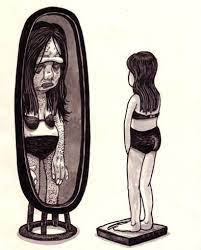
Body Dysmorphic Disorder (also commonly abbreviated as BDD) is a mental health disorder that is characterized by obsessive thinking of a perceived flaw in one’s physical appearance. Although these flaws are often unnoticeable to others, people with BDD may spend a lot of time fixating on them. It can be very upsetting and psychologically stressful to those dealing with this condition. Some areas of concern may include hair, stomach, arms, genitals, thighs, chest, or breasts, among others.
Facial dysmorphia is also a form of BDD. This includes hyper fixations to particular facial features such as the nose or eye shape, skin texture, acne, blemishes, etc.
Body Dysmorphic Disorder is closely linked to OCD because of the recurrent and uncontrollable thoughts about one’s appearance. These recurrences may lead to compulsions like excessive grooming which can disrupt one’s routine. About 53% of studies also define a prominent relationship between OCD and BDD.
Symptoms of Body And Facial Dysphoria
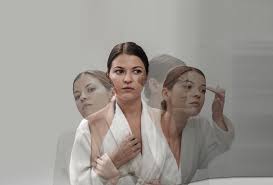
Some commonly recurring characteristics of BDD include:
- Checking yourself in the mirror too frequently
- Being too conscious about the way specific parts of your face/body look
- Wanting to hide/conceal certain areas of your body
- Having thoughts about changing certain aspects of your appearance through varying means
What Causes Body And Facial Dysmorphia?
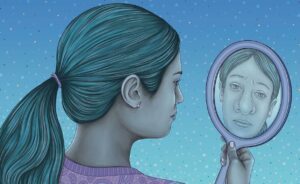 Like every other psychological disorder, BDD can be caused by either genetic, environmental, or acquired factors. Some of the most commonly observed and researched causes of dysmorphic disorders are:
Like every other psychological disorder, BDD can be caused by either genetic, environmental, or acquired factors. Some of the most commonly observed and researched causes of dysmorphic disorders are:
- Genetic factors: Those having close biological relations to people having OCD or BDD are at a higher risk of being vulnerable to this disorder.
- Negative past experiences: Being bullied, teased, mocked, or degraded because of one’s physical appearance are instances that may lead to a distorted image of certain characteristics.
- Comparisons: Comparing self to others’ physical traits can moreover evoke feelings of jealousy and distress as one may want to look exactly like the other person which is often unrealistic to achieve.
- Increase in virtual interactions: With the outbreak of Covid-19, we turned to virtual modes of social/personal contact through popular media like Zoom and Google Meet. These had us spending a lot of time long at a pixelated and digital version of ourselves, which hence led to a huge rise in people feeling insecure about their features. These insecurities can result in distorted hyper-fixations over time.
Effects Of Dysphoric Disorder
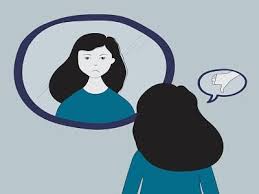
Untreated dysmorphia can have several effects on people’s mental, physical, and also social well-being.
- Avoiding looking in mirrors
- Wearing oversized clothing along with coverups like scarves or face masks
- Repeatedly touching or fixing the area of concern
- Wearing excessive makeup/growing a beard to conceal the face
- Wanting to get cosmetic surgeries to ‘fix’ said flaws
- Obsessively touching, checking, or measuring the perceived flaw(s)
- Indulging in over-exercising
- Scared of facing the camera
- Feelings of intense shame or guilt
- Having self-esteem issues
- Thinking that everybody is taking special note of your flaws
- Feeling withdrew/disconnected
- Witnessing a rise in depressive or suicidal thoughts
Treatment For Body And Facial Dysmorphia
BDD can be managed by therapy, medication, or moreover, a combination of both. For severe cases, cognitive behavioral therapy (CBT) and a mild anti-depressant called Selective Serotonin Reuptake Inhibitor (SSRI) are proven to be the most effective treatment.
How To Deal With Body And Facial Dysmorphia?
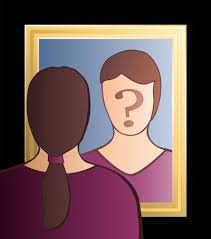
If you think that you or someone you know might have dysmorphia, it is important to seek professional help. Leaving it untreated may further have consequences that can be severe and difficult to deal with.
- Peer support groups are not only a great way to feel connected and understood, but also help in normalizing the experience.
- Educate yourself and your friends/family about this disorder so they can be more understanding and supportive.
- Keep a track of your feelings; either by maintaining a diary/journal or talking to a trusted person.
- Work on building your self-esteem and accepting yourself for who you are while regularly practicing gratitude, self-compassion, and positive affirmations.
- Challenge your negative thoughts by coming up with evidence that disproves them. For instance, instead of belittling yourself because of a physical feature you dislike, praise yourself for a non-physical quality that makes you different.
Conclusion
Dysmorphia is a serious mental health condition that can have several negative impacts. With the right kind of help and support, it is possible to manage dysmorphia and lead a healthy and fulfilling life. If you think that you or someone you know might have dysmorphia, it is important to seek professional help.
A Word From Therapy Mantra
Your mental health — Your psychological, emotional, and social well-being — has an impact on every aspect of your life. Positive mental health essentially allows you to effectively deal with life’s everyday challenges.
At TherapyMantra, we have a team of therapists who provide affordable online therapy to assist you with issues such as depression, anxiety, stress, workplace Issues, addiction, relationship, OCD, LGBTQ, and PTSD. You can book a free therapy or download our free Android or iOS app.
